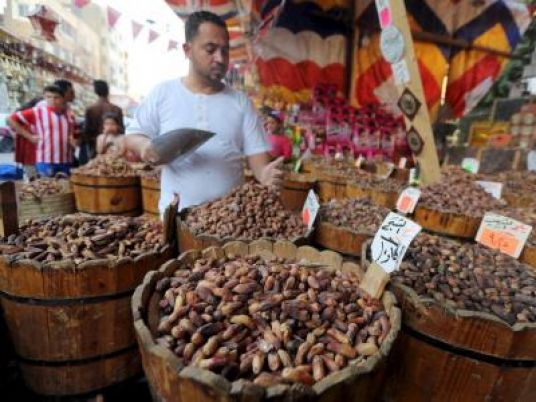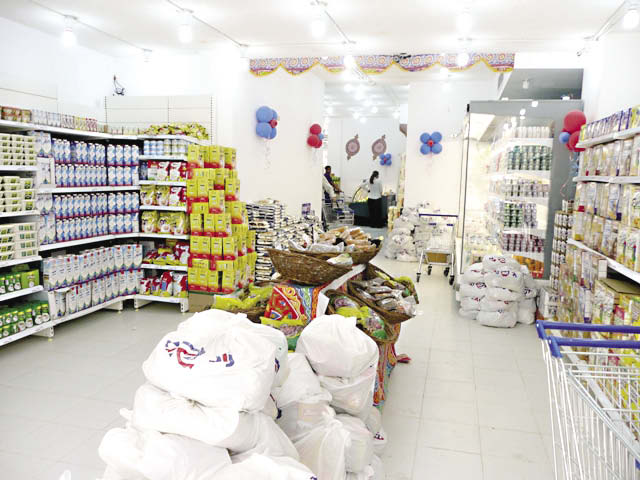
Egypt's urban consumer inflation and core inflation both jumped on rising food prices in October, underscoring the challenge the country faces in keeping costs in check amid a dollar shortage that has weighed on imports.
Annual urban consumer inflation increased to 9.7 percent from 9.2 percent in September, the official statistics agency, CAPMAS, said on Tuesday.
"The further rise …was driven almost entirely by an increase in the food component, which is highly volatile," said a research note from Capital Economics.
Core annual inflation, which excludes items such as fruit and vegetables, increased to 6.26 percent from 5.55 percent, the central bank said on Tuesday.
Egypt said last week that it would import a wider range of essential items as part of its push to keep food prices down, but traders have questioned the logic of expanding imports at a time when dollars are scarce.
In a Nov. 1 speech, President Abdel Fattah al-Sisi said the government would take action to counter rising prices.
"Hopefully by the end of this month the state will have completed its intervention to lower prices in an appropriate way that can provide people with their essential goods," he said.
This week Egypt's supplies ministry said its state grain buyer GASC would begin supplying imported wheat to the private sector as part of the efforts to keep prices down. GASC is also scheduled to tender for poultry for the first time.
Higher inflation makes it uncertain whether the central bank will cut its key interest rates and spur further investment, especially as the new central bank governor has yet to begin his term, the Capital Economics research note said.
The central bank has held rates steady at its past six monetary policy meetings after surprising analysts with a 50 basis point cut in January.


